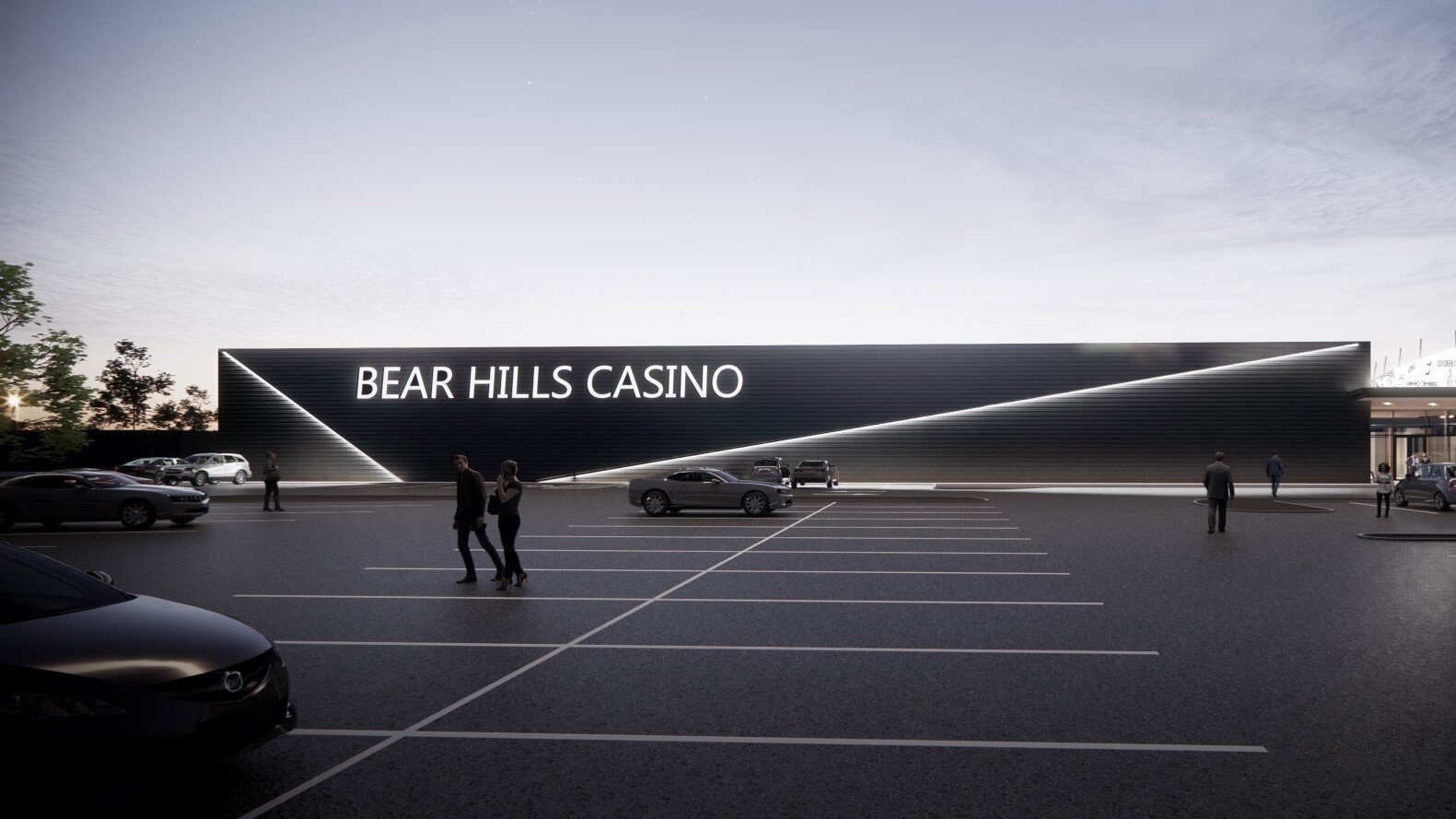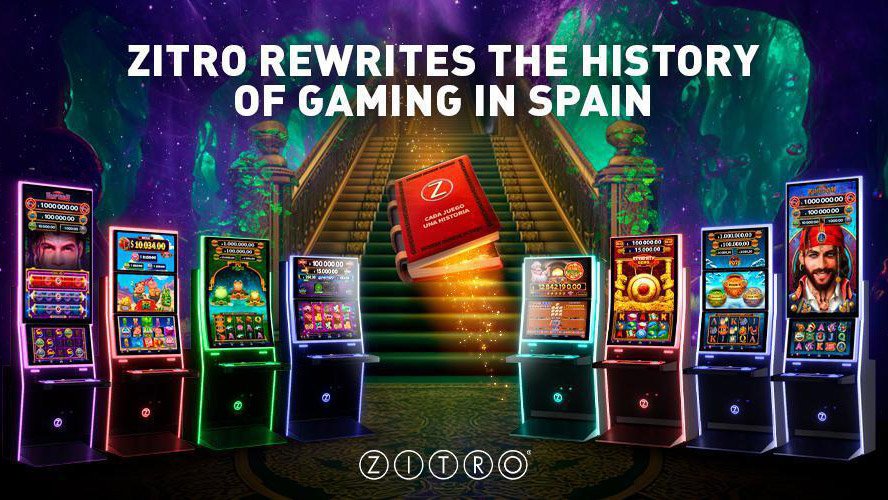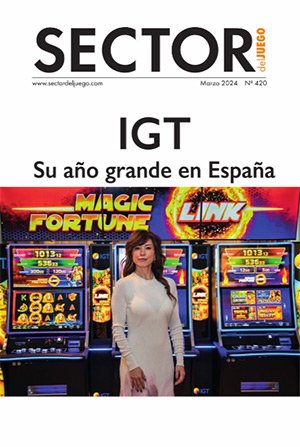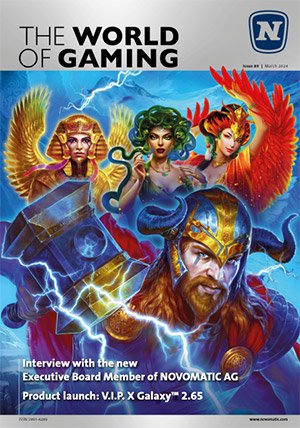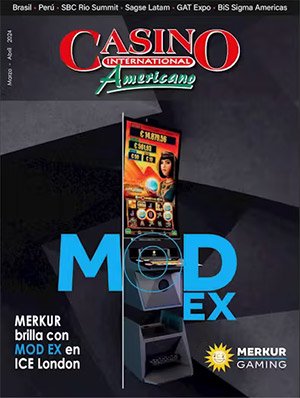The invisible whale

A lot has changed since the 80s. You are surrounded by more technology than you know what to do with, you have to do more with less with an expectation of better results, and you are still responsible for making sure every person who walks through your doors has an experience that makes them want to come back for more. Competition is fierce and although Las Vegas is the most popular destination for casino visitors, it is by no means the only one. All of these choices of where to spend time and money can begin to confuse people, saturating the loyalty you’ve worked so hard to build and making it difficult to deliver that personalized service.
One of the biggest catalysts of this loyalty saturation has been the internet and access to technology. The ‘Whales’ are now a lot more savvy about where they spend their money, and they have a wealth of reviews, pricing, and other information at their fingertips. Television commercials are not only losing their appeal, they’re quickly being replaced by social media and other forms of communication geared towards an increasingly indifferent and over stimulated public. Reaching your most valued customers is no longer about content, it becomes about context. You know what they do when they gamble, but what about the rest of the time? It is from this atmosphere of uncertainty that an exciting new demographic has emerged.
The ‘Invisible Whale’
This person is a member of your Players Club, but doesn’t drop those big dollars on the tables or slots as much as others, so they might not be popping up on your radar as ‘big spenders’. The Invisible Whale spends more money on night clubs, shopping, restaurants, spas and show tickets than they do on gaming, and they’re typically not being tracked in a way that allows you to segment them. They are spending a significant amount of time and money in your property, and they’re clearly someone you should be aware of and reaching out to. In many casinos, this customer is going completely undetected. Money is being left on the table here. The Invisible Whale is the fastest growing casino demographic, and the properties who capitalize on this will set themselves light years ahead of their competition. This is one example where leveraging some simple, relevant and convenient technology has been proven to increase marketing ROI in real ways without breaking the bank, while still providing that personal touch that isn’t commonly associated with technology. The ability to fine tune and sharpen your marketing outreach will be the difference between mediocrity and success. The expectations of your visitors are changing, and technology provides several ways to seamlessly adjust your direction with minimal risk to the bottom line.




